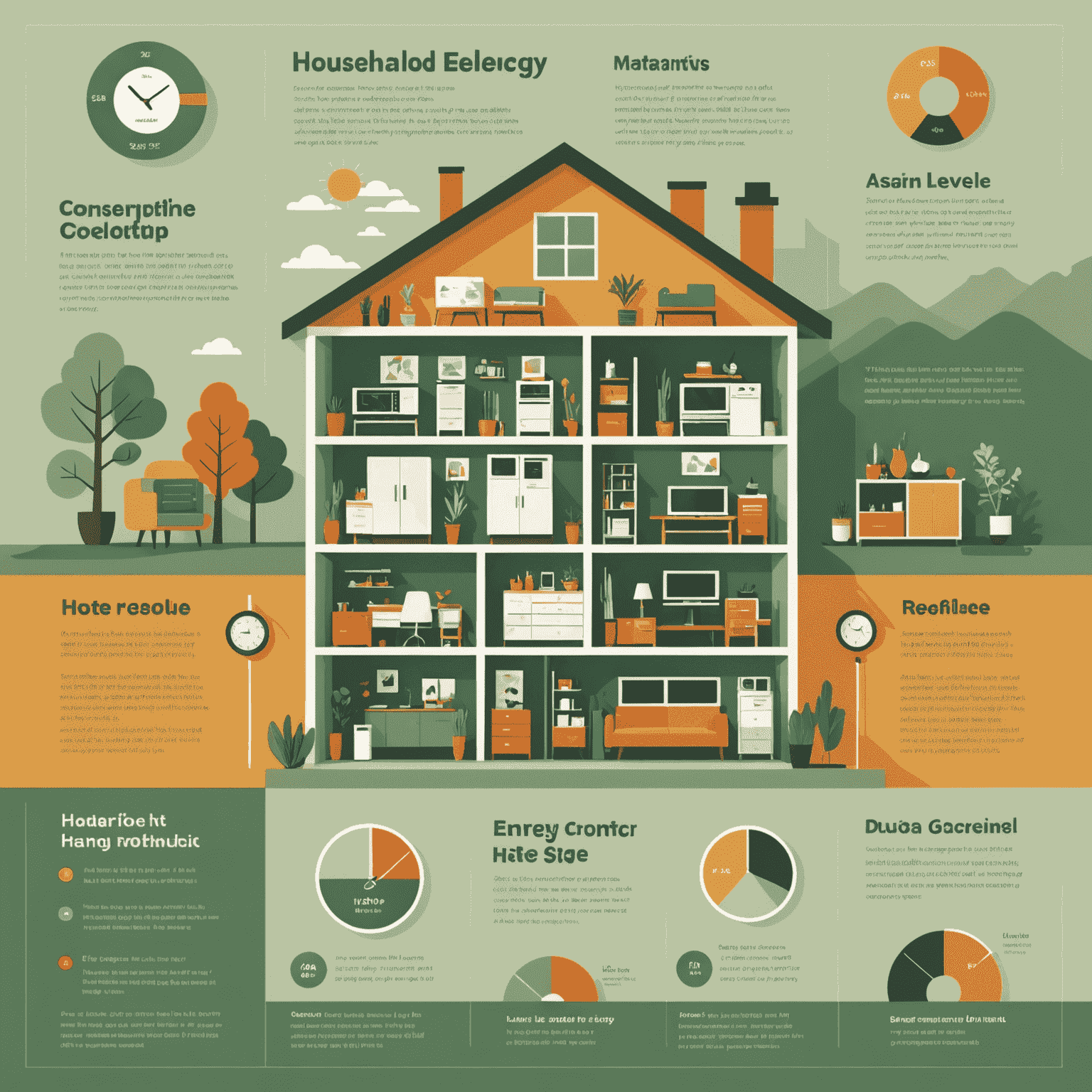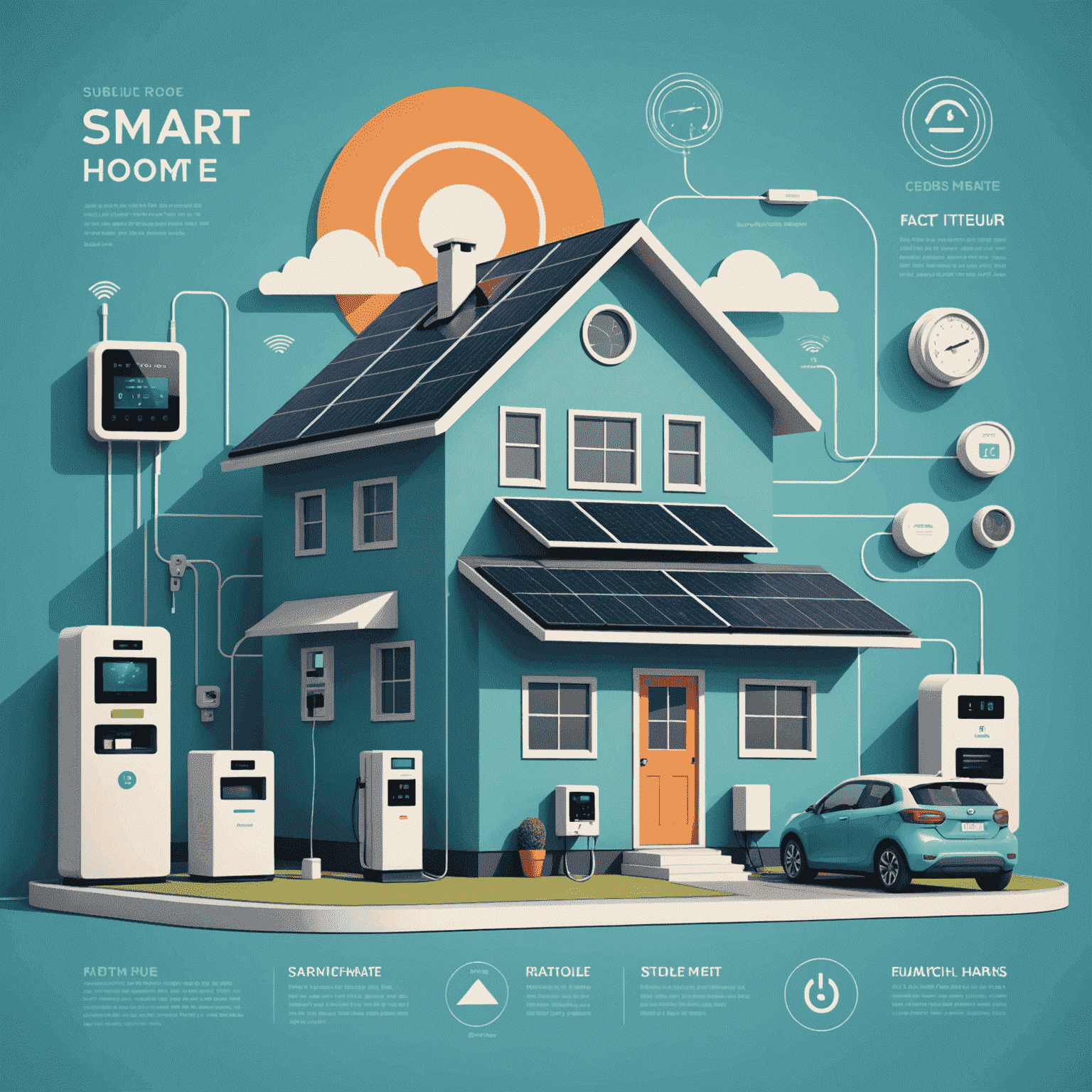Smart Meters and Consumer Benefits

Smart meters are revolutionizing the way we manage and understand our energy consumption. As we move towards a more sustainable future, these innovative devices offer numerous benefits to consumers, helping them optimize their power usage and contribute to overall energy efficiency.
Real-Time Energy Monitoring
One of the primary advantages of smart meters is their ability to provide real-time data on energy consumption. Consumers can now track their usage patterns throughout the day, identifying peak times and energy-hungry appliances. This information empowers households to make informed decisions about their energy use, potentially leading to significant savings on utility bills.
Accurate Billing
Gone are the days of estimated bills or manual meter readings. Smart meters automatically send accurate consumption data to energy providers, ensuring that consumers are billed only for the energy they actually use. This transparency builds trust between consumers and utility companies while eliminating surprises in monthly bills.
Personalized Energy Plans
With detailed consumption data, energy providers can offer tailored rate plans that better suit individual household needs. Time-of-use pricing becomes more accessible, allowing consumers to shift their energy-intensive activities to off-peak hours and save money in the process.

Enhanced Grid Reliability
Smart meters contribute to a more reliable power grid by providing utility companies with real-time data on energy demand and supply. This information helps prevent outages and allows for quicker response times when issues do occur. Consumers benefit from a more stable energy supply and reduced downtime.
Environmental Impact
By promoting energy efficiency and enabling better integration of renewable energy sources, smart meters play a crucial role in reducing carbon emissions. Consumers can take pride in knowing that their smart meter is contributing to a greener, more sustainable future.
Future-Ready Homes
Smart meters are a key component of the evolving smart home ecosystem. They can integrate with other smart devices and energy management systems, paving the way for more automated and efficient homes. This integration allows for smarter energy decisions and can even support the adoption of electric vehicles and home energy storage systems.

Conclusion
Smart meters are more than just a technological upgrade; they're a gateway to a more informed, efficient, and sustainable energy future. By embracing this technology, consumers can take control of their energy consumption, reduce their bills, and contribute to a cleaner environment. As we continue to optimize our power grids and energy management systems, smart meters will undoubtedly play a crucial role in shaping the way we interact with and understand our energy use.